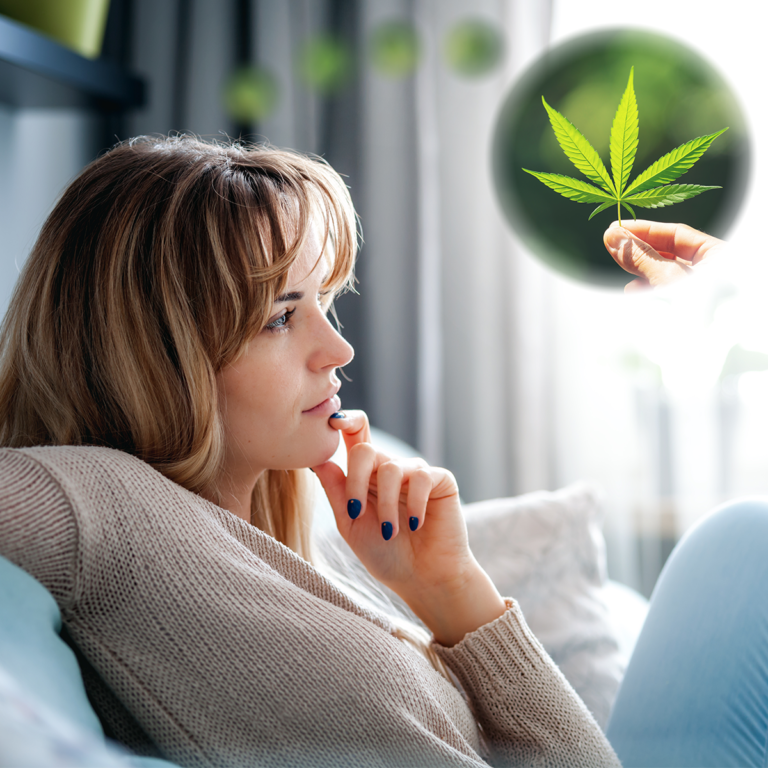Why Does CBD Make Me Sleepy?
For some people, using hemp-derived CBD products can bring about a strong urge to nap. This widely observed effect has made CBD a favorite among individuals from various backgrounds. But what is it about CBD that makes us feel ready to settle in for a good rest?
The connection between CBD and its effects on the body involves some fascinating science. While we have a growing understanding of this cannabinoid, there’s still much more to uncover. For now, let’s delve into what we do know about this intriguing compound and its impact.
What is CBD
CBD, or cannabidiol, is one of over 100 cannabinoids naturally occurring in the hemp plant. Over centuries of selective cultivation, it has become the most prevalent cannabinoid in hemp. CBD offers a range of potentially beneficial properties that many people find appealing, including its anti-inflammatory effects, neuroprotective qualities, and calming influence.
At present, the FDA has approved only one prescription oil for epilepsy, known as Epidiolex. This medication, derived from CBD, requires a physician’s prescription and adheres to all relevant laws and regulations. While Epidiolex is the first CBD-based treatment to gain FDA approval, its introduction has set a precedent, opening doors for the development of similar treatments in the future.
The Mayo Clinic highlights the ongoing research into CBD as a potential treatment for various conditions, including Parkinson’s disease, schizophrenia, diabetes, multiple sclerosis, and anxiety. However, the clinic emphasizes that evidence supporting these benefits remains limited at this time.

Understanding CBD’s Interaction with the Endocannabinoid System
CBD engages with the body via the endocannabinoid system. The National Center for Biotechnology Information explains that this system plays a crucial role in regulating numerous bodily functions, such as cognition, pain perception, appetite, memory, sleep, immune response, and mood, through its ability to modulate neurotransmitter release.
How Cannabinoids Interact with the Body
Cannabinoids engage with the endocannabinoid system primarily through CB1 and CB2 receptors located throughout the body. These receptors are linked to G-proteins that relay signals within cells. While CB1 receptors are predominantly found in the central nervous system, both CB1 and CB2 receptors are present in peripheral tissues as well.
When you consume a CBD product, especially a full-spectrum one, its cannabinoids interact with CB1 and CB2 receptors. These receptors send signals to various parts of the body, potentially delivering benefits like reducing inflammation or easing joint discomfort.
Understanding CBD and Sleepiness
Sleepiness isn’t a direct result of CBD, but it’s influenced by its effects. The calming and relaxing properties of CBD help create the ideal conditions for falling asleep. Additionally, its ability to reduce inflammation and alleviate discomfort can address issues that hinder sleep. While CBD itself may not cause drowsiness, the relaxation it promotes can make sleep more accessible.
The Takeaway
Although CBD doesn’t directly induce sleepiness, its calming and therapeutic properties can play a role in promoting rest. These effects, combined with delivery methods like tinctures or gummies, make CBD a versatile option for those seeking relaxation.
Hemp-derived CBD products offer potential benefits for people from all backgrounds. While CBD may not be the sole reason for a restful night, it can help set the stage for better sleep.
Keep in mind that CBD affects everyone differently. If you have any health conditions or take prescription medications, consult a physician before use. Discontinue CBD if you experience adverse effects such as nausea or dizziness.






